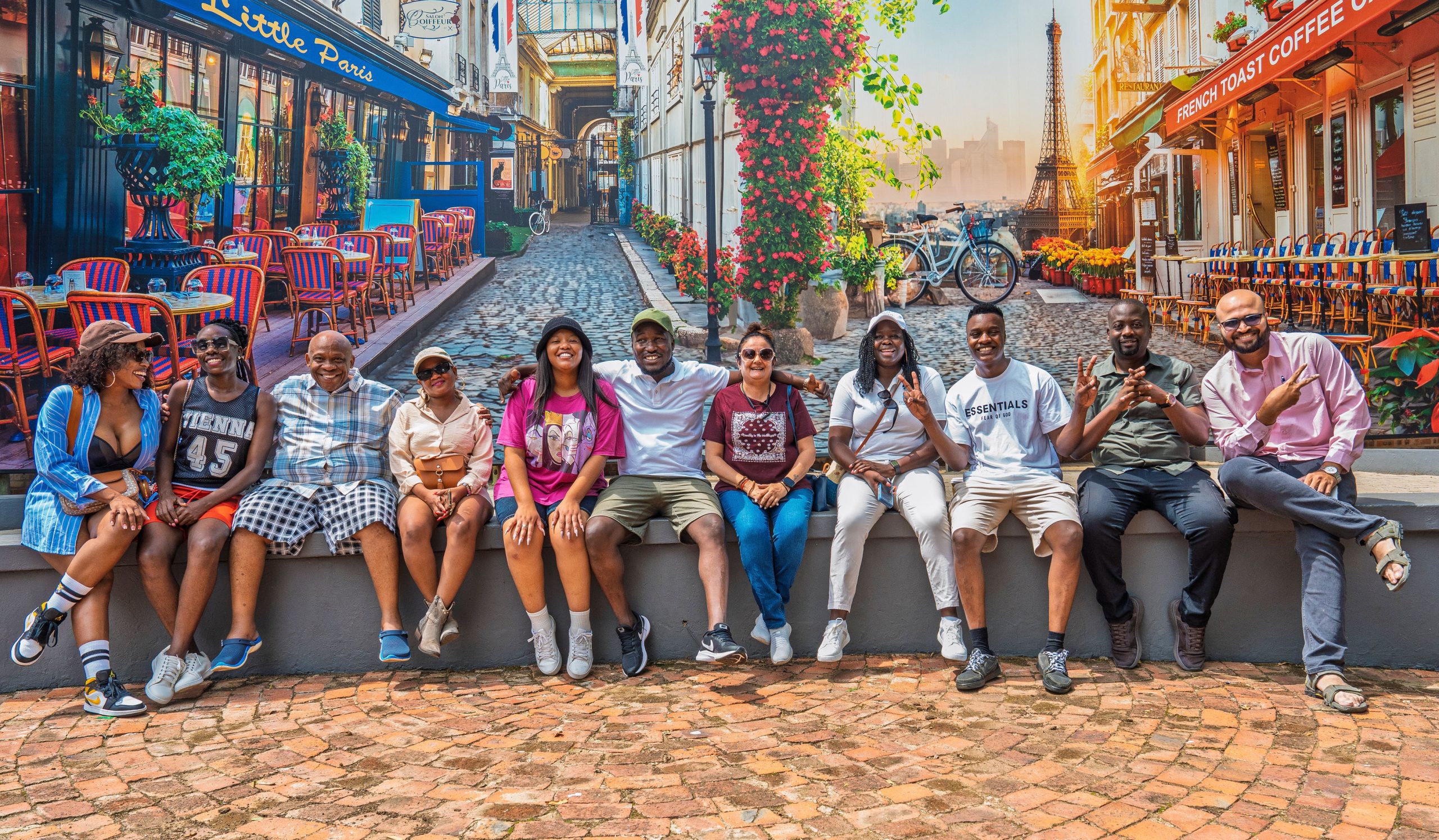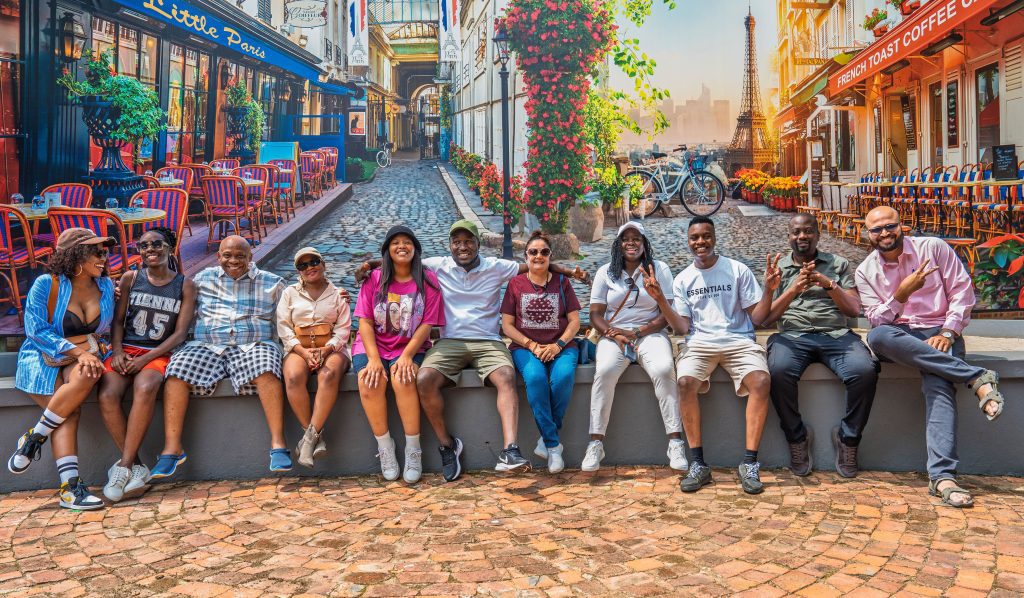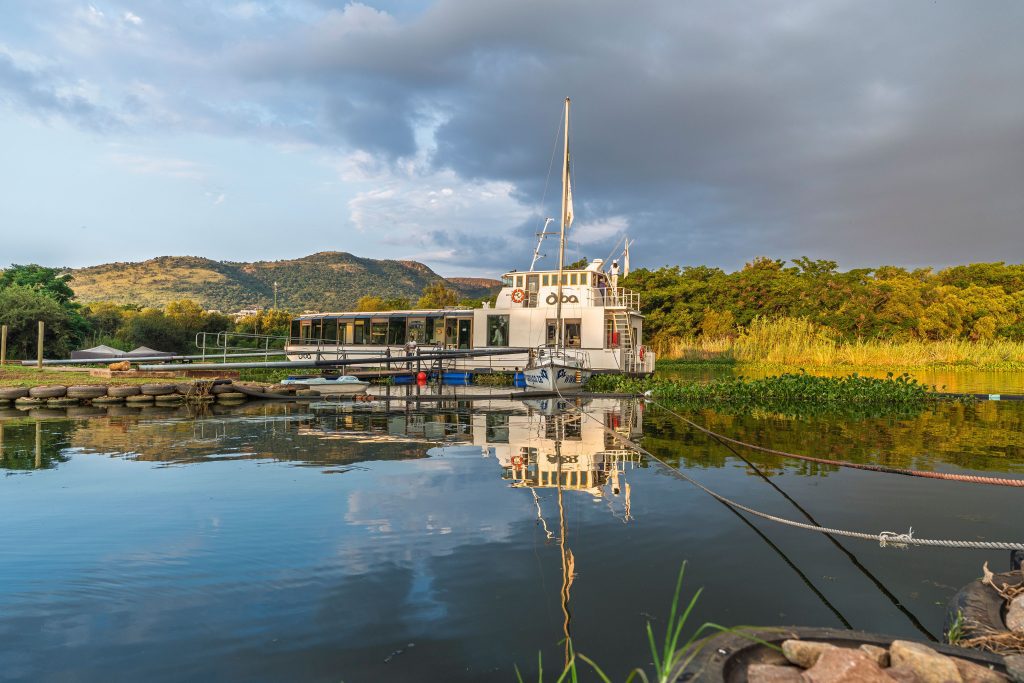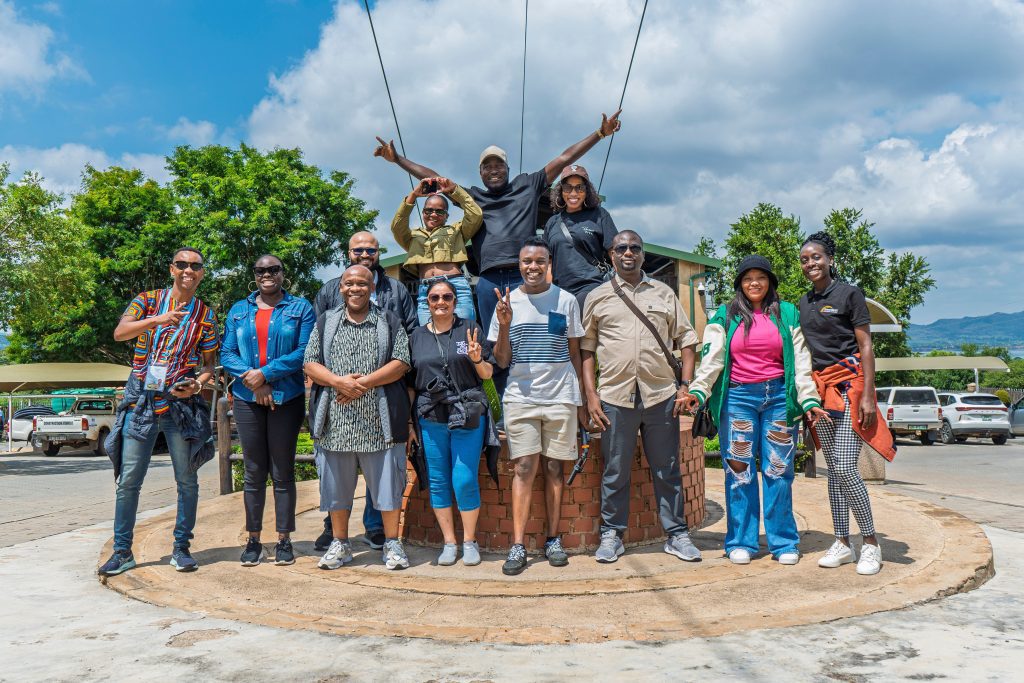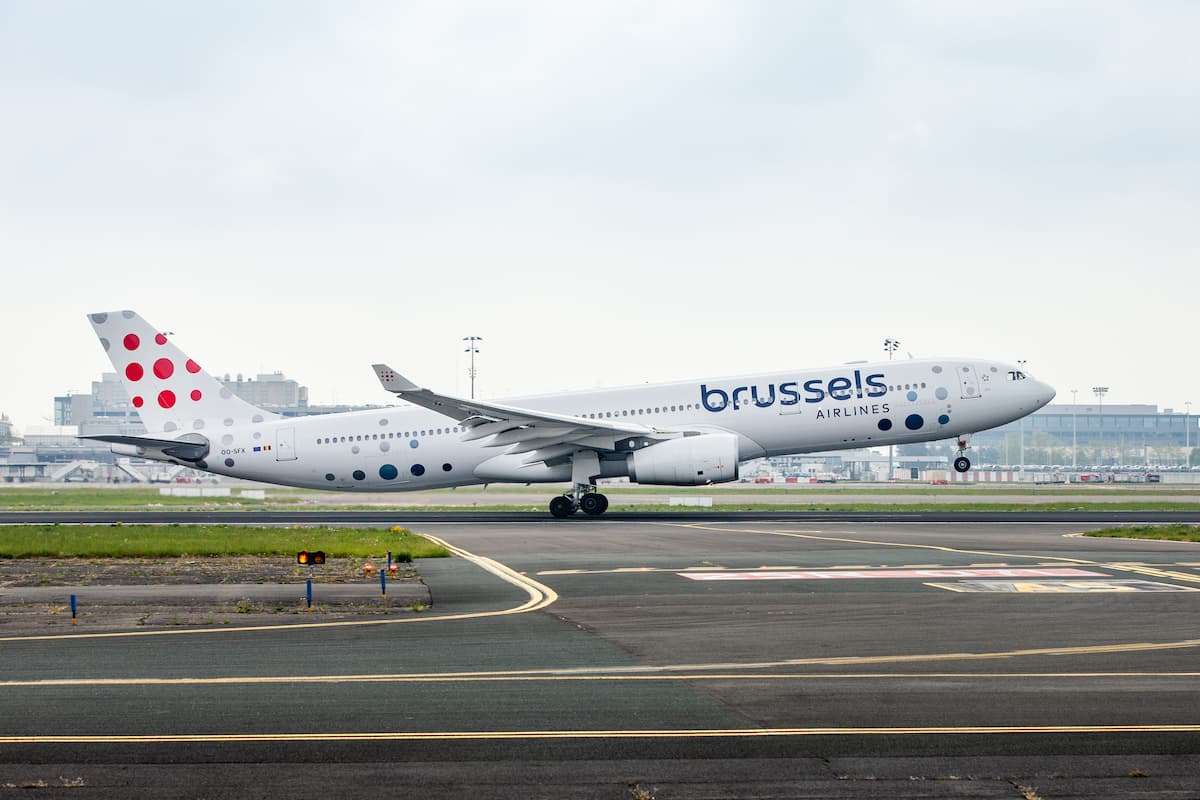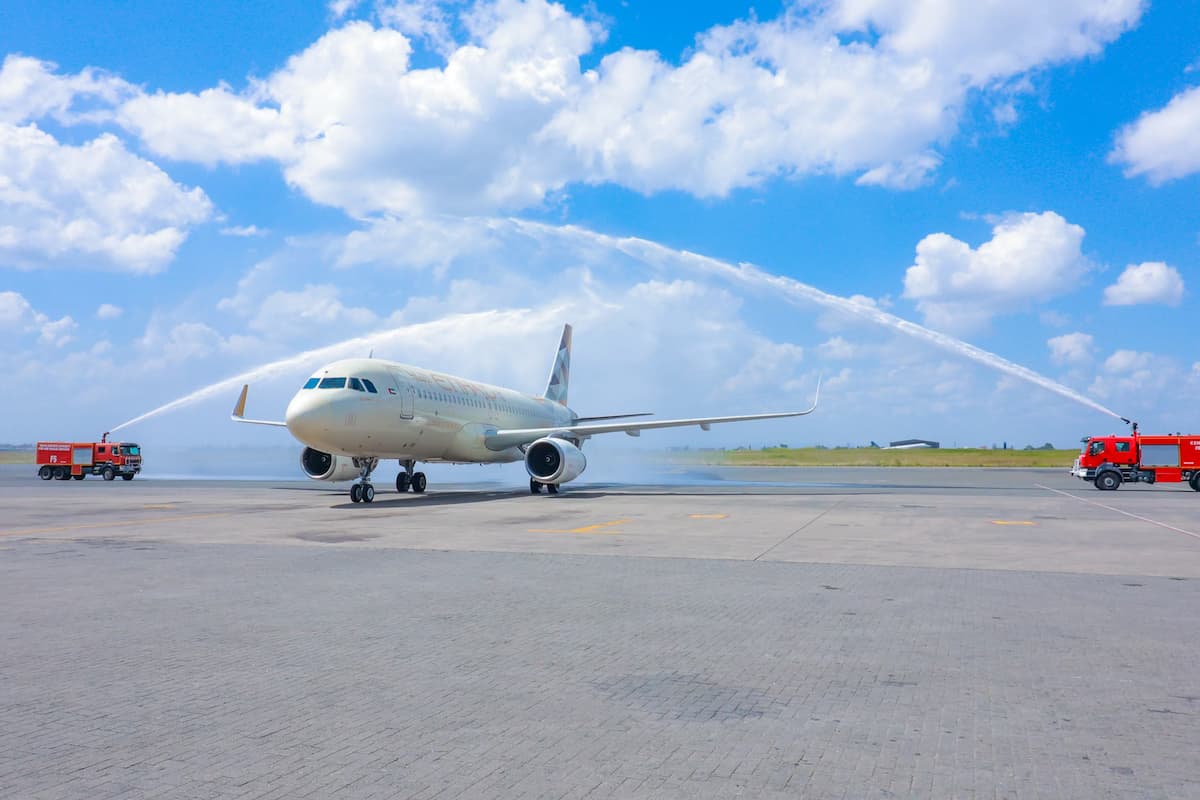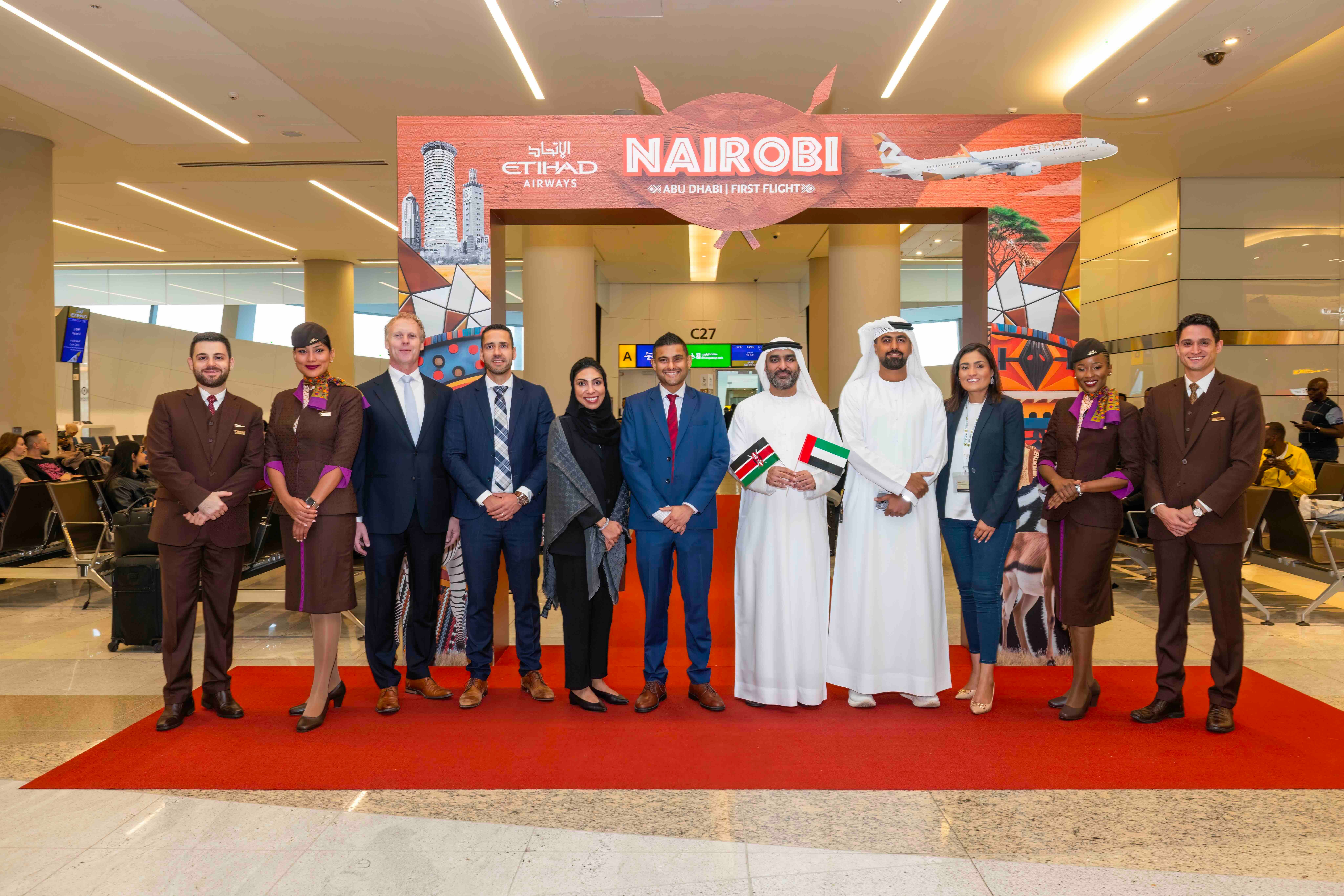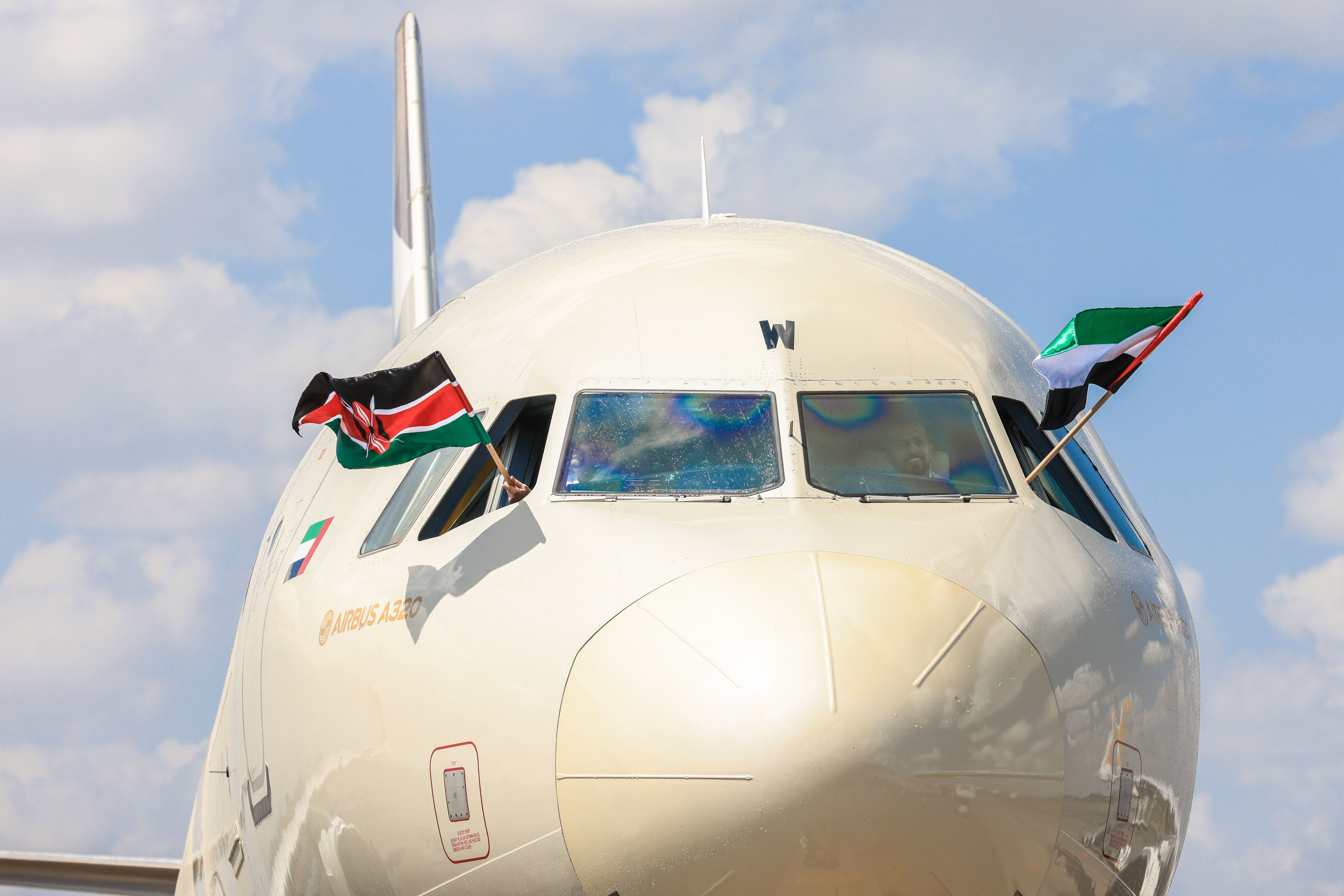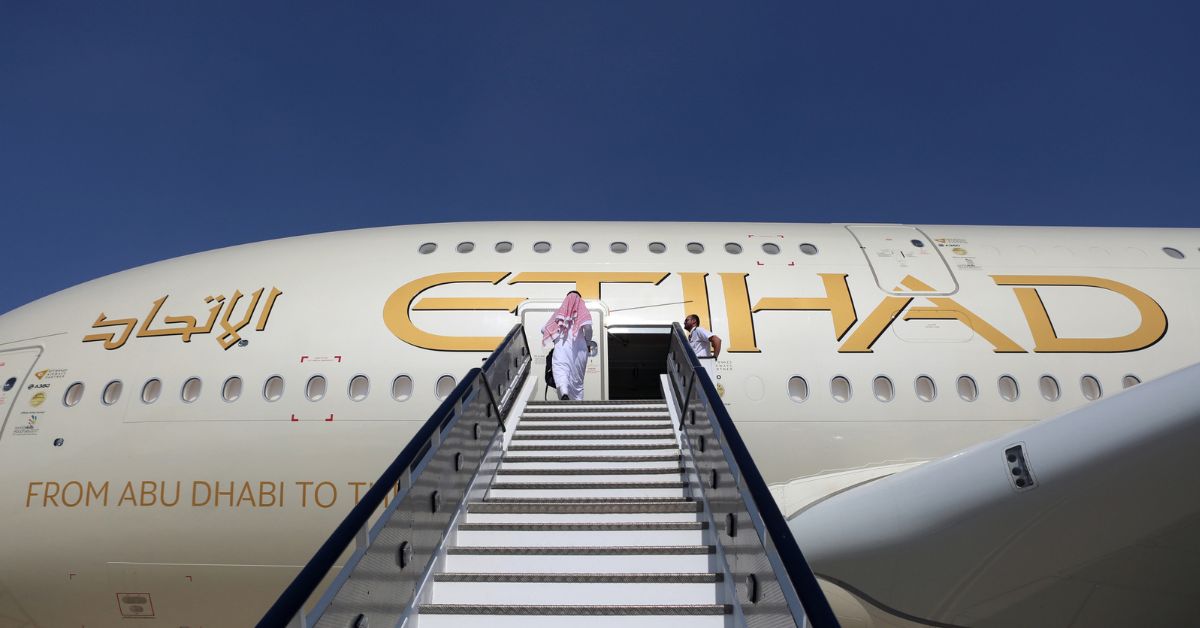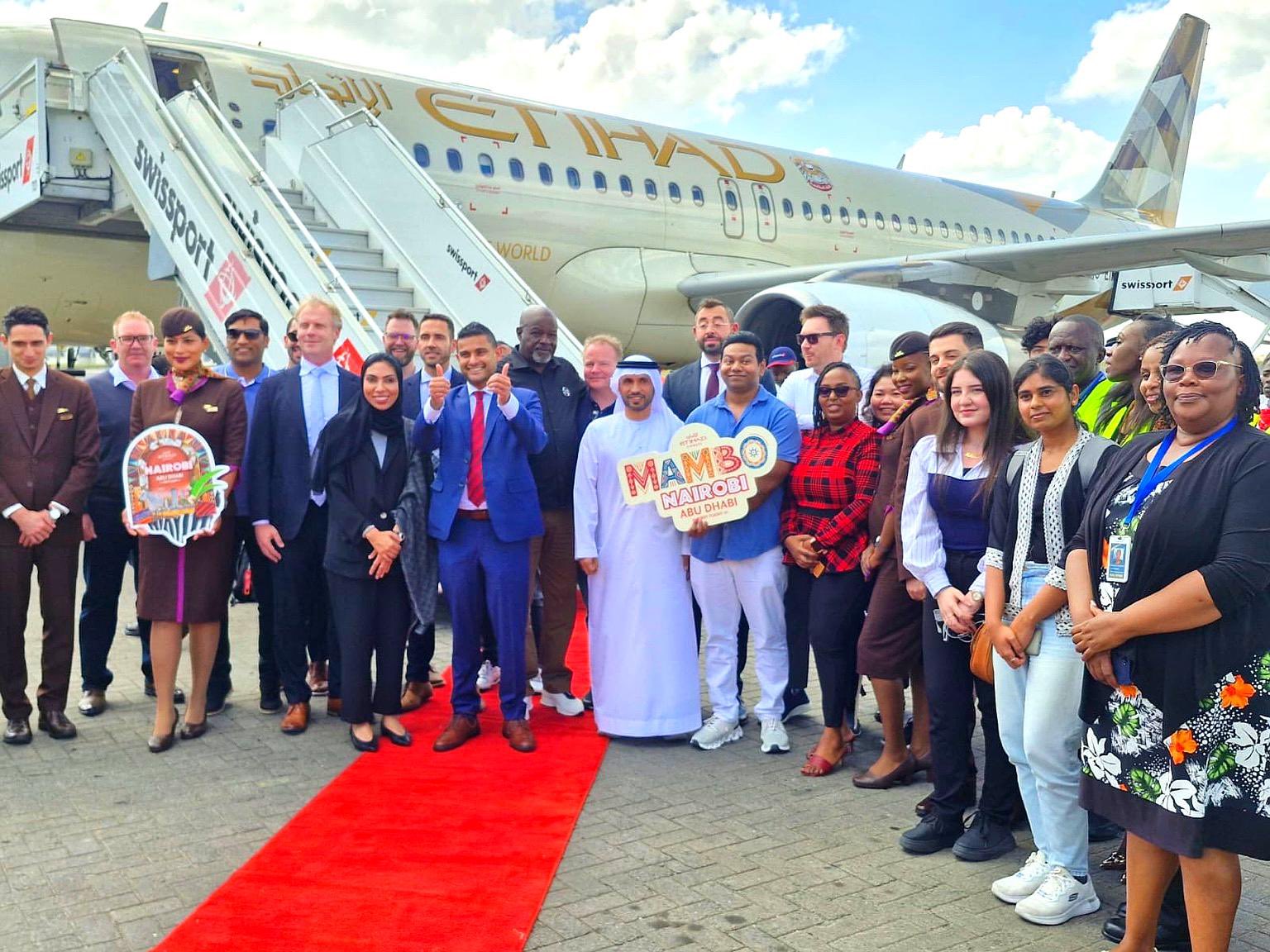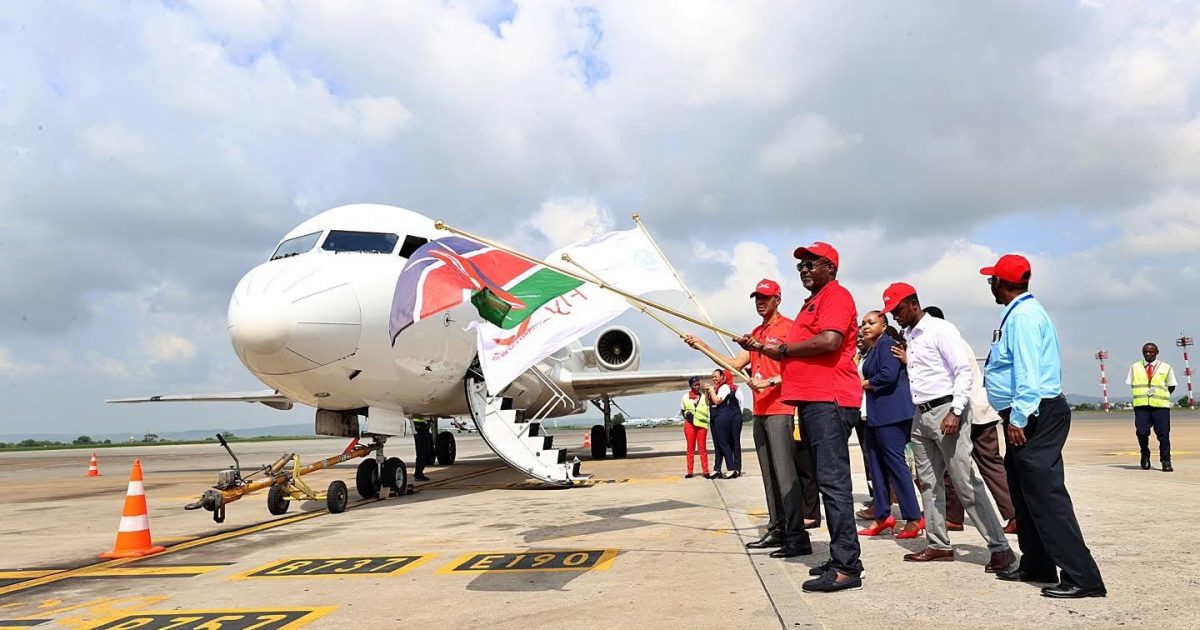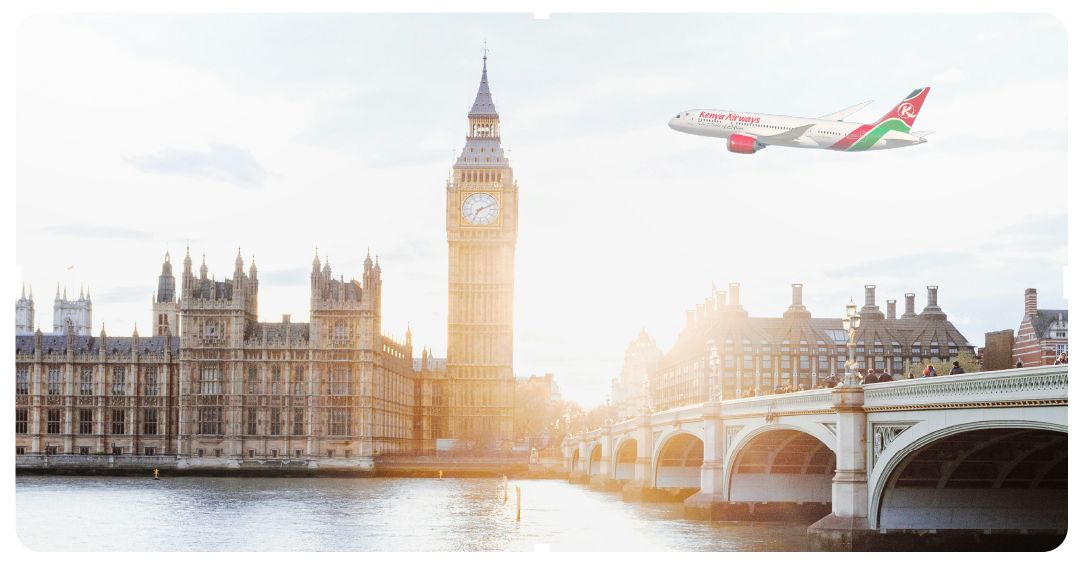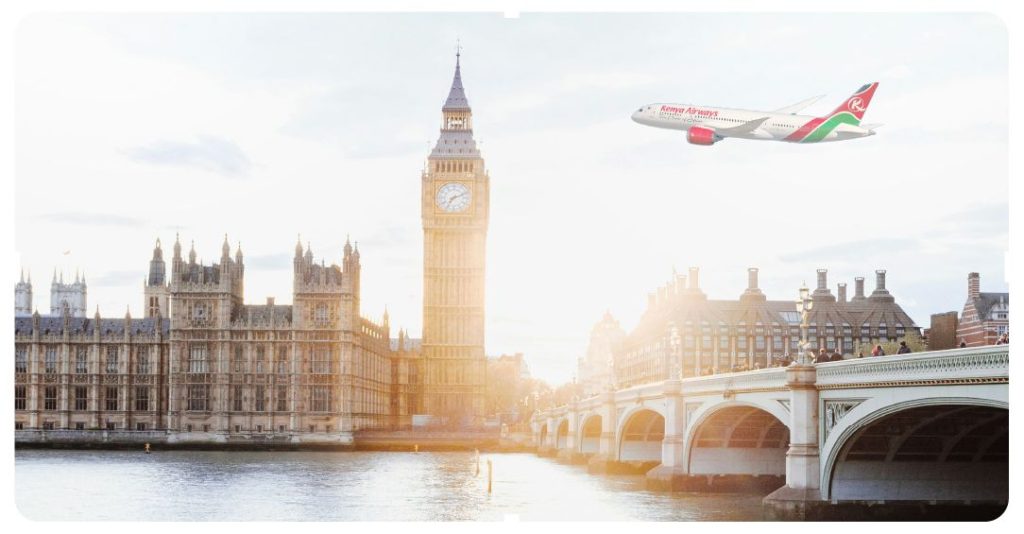KATA officials led by Chairman Dr Joseph Kithitu and CEO Nicanor Sabula presented a petition to the National Assembly Committee of Finance and Economic Planning on behalf of members of the Kenya Association of travel agents (KATA) at the ongoing public participation forum.
The petition called for the scrapping of the proposal to introduce VAT on air ticketing services supplied by Travel Agents. The petition termed the proposals as discriminatory and one that would disadvantage Kenyan agents, lead to loss of business competitiveness, closure of businesses and job losses.
The short-term gains from VAT collection would be far outweighed by long-term declines in overall tax revenues.
A recent newspaper report on a raft of proposals by the National Treasury to among others introduce taxes targeting the aviation sector rekindled the old-aged, misguided characterization of air travel as a “luxury service” enjoyed exclusively by the rich.
This is far from the truth and is misrepresentative of Kenya’s modern economy and the realities of its travel industry.
In the proposals, the National Treasury is seeking to introduce 16% VAT on a number of air travel related services such as air ticketing services by travel agents, hiring, chattering and leasing of aircrafts, aircraft navigation systems among others.
This adjustment, Treasury argues, is a necessary step towards expanding the tax base and ensuring that a wider array of services contributes to national revenue. While the government’s decision to provide tax relief on essentials such as bread and unga is widely welcomed, the suggestion that air travel taxes are a “raid” on the wealthy overlooks the widespread use and importance of air travel across socio-economic strata in Kenya.
Air Travel is a Growing Necessity, not a Luxury
Kenya’s air travel industry has grown rapidly in recent years, reflecting the country’s expanding middle class, the growth of domestic tourism, and the rise of affordable travel options.
Domestic airlines like Jambojet, Skyward and; Safarilink have made it possible for Kenyans from diverse income levels to travel domestically, whether for business, education, family obligations, or tourism.
For instance, it’s now common to find fares from Nairobi to Mombasa or Kisumu for as low as Sh5,000, making air travel an attractive alternative to long bus journeys, particularly in terms of safety and time saved.
Moreover, in some areas where road infrastructure is still developing, air travel remains the only practical choice of travel allowing people to traverse the country with ease and efficiency.
Granted, air travel in Kenya still remains expensive for the average Kenyan- however, to assume that those flying between cities such as Nairobi, Eldoret, Kisumu, Lodwar or Wajir are exclusively wealthy overlooks the reality that many travelers are professionals, small business owners, students, and even rural residents visiting family.
Impact of Proposed Taxes on Business Travel
Taxing air ticketing services is likely to impact Kenya’s small and medium-sized businesses, which rely on affordable domestic flights to expand their reach and access opportunities.
Many entrepreneurs and workers travel within Kenya to secure contracts, attend conferences, and network, all of which support economic growth and job creation. If air ticket prices rise due to new taxes, it could limit access for these business travelers, ultimately affecting productivity and the economy.
Given that Kenya aims to position itself as a regional economic hub, affordable travel options are crucial. For many, air travel is no longer a luxury but a cost-effective solution to meet the demands of a rapidly modernizing economy.
Balancing Revenue with Accessibility
While the government has an obligation to explore all avenues for tax revenue, it’s essential that any changes in tax policy consider the broader implications on everyday Kenyans. Air transport, just like other modes of transportation is a public service consumed by mwananchi at a slightly higher price. It is for the same reason we don’t tax matatus or bus fares or even SGR fares.
Air travel may seem an unlikely target, but for a growing number of Kenyans, it’s a part of their livelihoods. Categorizing air travel as a “rich-only” service fails to recognise the real and growing need for accessible, affordable travel options.
The Treasury’s move to offer tax relief on basic household essentials is welcomed and will greatly benefit Kenya’s lower-income households. But as Kenya’s economy evolves, so too should our perspectives on “luxury” versus “necessity.”
Air travel is today increasingly becoming a basic part of the fabric of Kenyan life, with significant benefits to local economies, small businesses, and personal well-being. Thoughtful tax policy should reflect this reality, balancing the need for revenue with the right to affordable travel for all.
As Kenya looks to grow as a competitive and inclusive economy, it’s clear that air travel is more than a service for the wealthy. It’s a bridge across communities, regions, and economic divides, and any tax policy should reflect its role as an enabler of opportunity—not as a privilege of the elite.
Source:Financial Fortune




